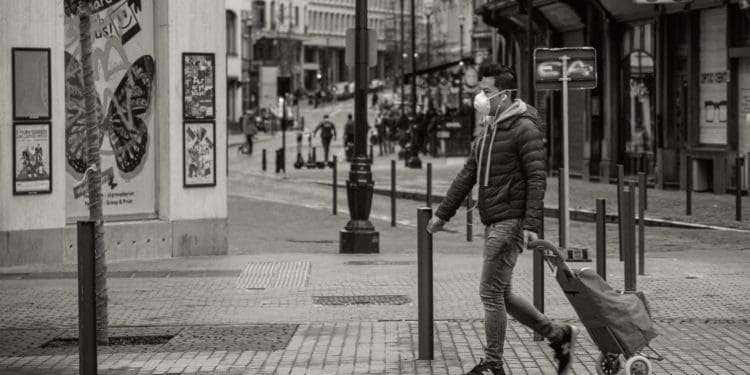The oldest city — at least the oldest with receipts — is thought to be Uruk, first settled some 6,500 years ago in what is now Iraq. And for more than three millennia, cities have been central to mankind’s advance as a species. “The evolution of cities embodies the story of humanity as it rose from primitive origins to impose itself on the world.” writes Joel Kotkin in The City: A Global History.
And cities are still pretty important today, not least of which as engines of economic innovation and growth. One recent analysis notes that the ten most innovative American cities contain a quarter of the national population but account for nearly half of its patents and a third of its gross domestic product. Cities and dense urban regions are where our most complex economic activities — such as those involving biotechnology, neurobiology and semiconductors — take place. Packing lots of smart and entrepreneurial humans into one place is a key driver of the modern knowledge economy. Indeed, if America’s highest productivity cities were bigger, the American economy would be as well.
But an obvious question these days is whether the coronavirus pandemic, and the threat of future outbreaks, will devalue the city and its inherent density. Will we all flee to the suburbs? Will everyone in the suburbs flee to the exurbs? “Can City Life Survive Coronavirus?” asks The New York Times. “Pandemics naturally thrive in large multicultural cities, where people live ‘cheek by jowl’ and travel to and from other countries is a fact of international tourism and commerce,” Kotkin wrote recently. To many, the risks of city living may now seem more relevant than the benefits.
Well, at least for the moment it might. But it’s also easy to imagine the advantages and strengths of urban density eventually reasserting themselves. As Clara Hendrickson and Mark Muro of Brookings argue in a new report: “While the density of large cities may be a disadvantage in fighting the spread of the coronavirus, it likely will remain an advantage in a 21st century knowledge economy, where the biggest places with the richest exchanges of ideas among highly educated workers have enjoyed the greatest economic returns.”
Eventually we’ll develop therapeutics and a vaccine, as well as figure out a monitoring system to mitigate future outbreaks. Urban dwellers will feel safer — if government makes pandemic fighting a priority backed up with big investment. The benefits of big cities will again be in the forefront. That’s how it’s always worked, and there’s tremendous economic incentive to make sure it works that way again. As economist Ed Glaeser, whose work has focused on cities, recently said on the Freakonomics podcast:
I mean, these demons that come with density are very real. Historically, effective governments have always been able to tame them, although sometimes it took many decades to make that possible. I have at least the hope that an effective government can contain the pandemics of the future. If we had managed to lock it in China earlier, if we had managed to get more research on vaccines of this nature earlier. So I tend to be an optimist, if we can manage to get effective-enough governments. I mean, 150 years ago, cities were universally killing fields. And for most of my life, they most certainly have not been. And that, of course, required massive amounts of public investment. America’s cities and towns were spending as much on clean water at the start of the 20th century as the federal government was spending on everything except for the post office and the army. But it was something that we managed to do. I guess I remain hopeful that we can continue to do it. But let’s not, you know, let’s not ignore the fact that pandemic is an existential threat to high-density living based around face-to-face contact.









